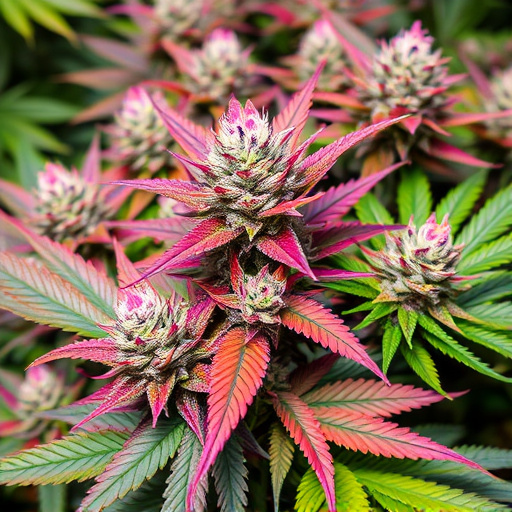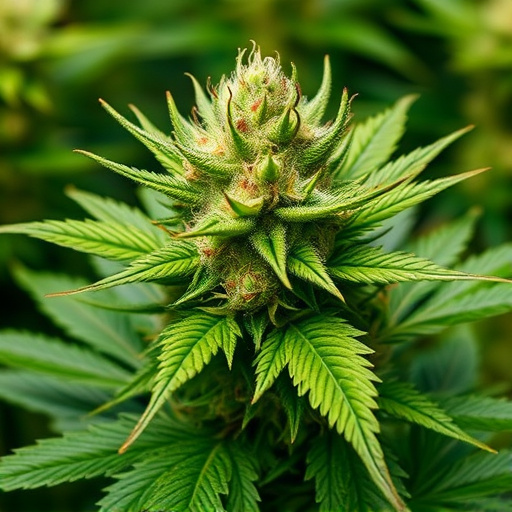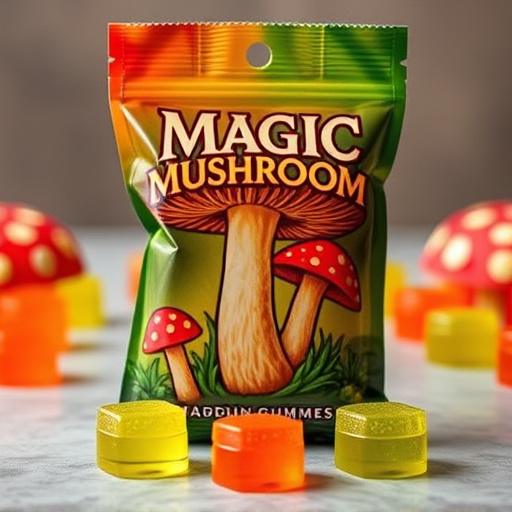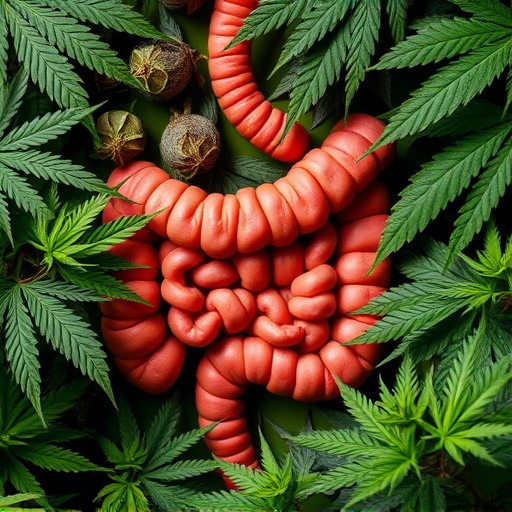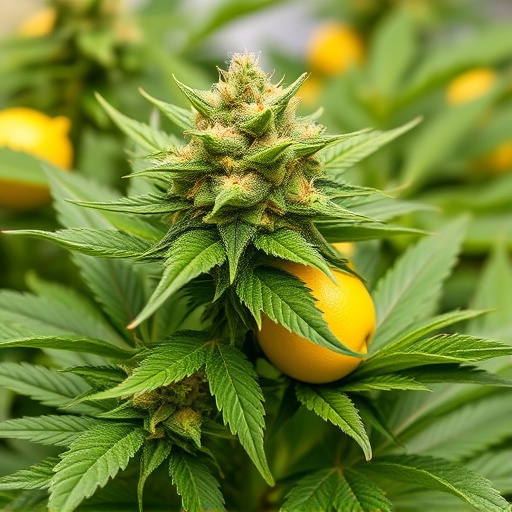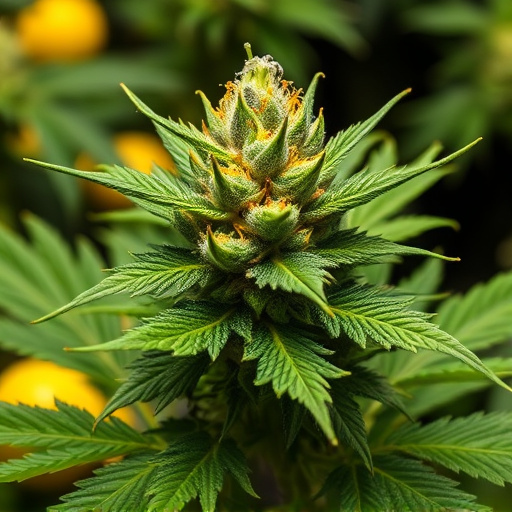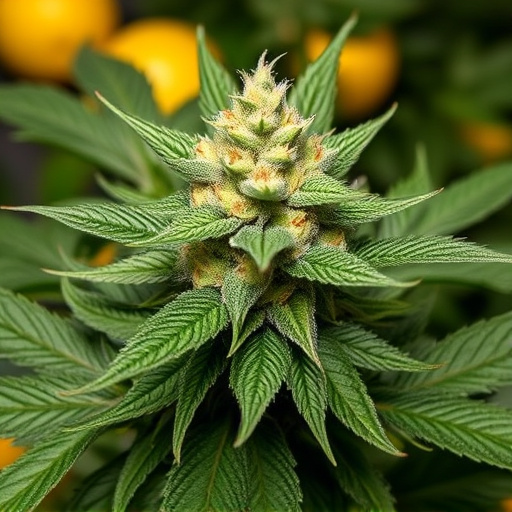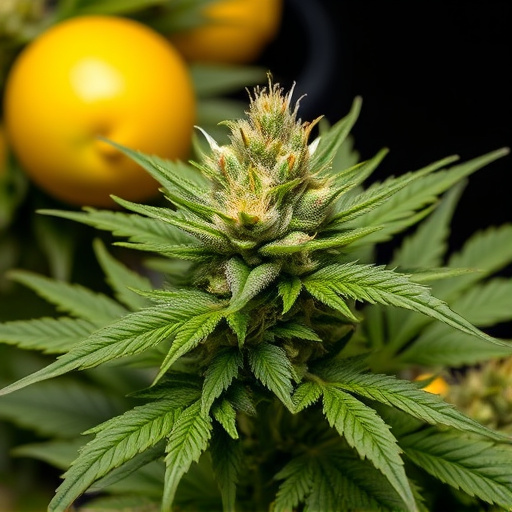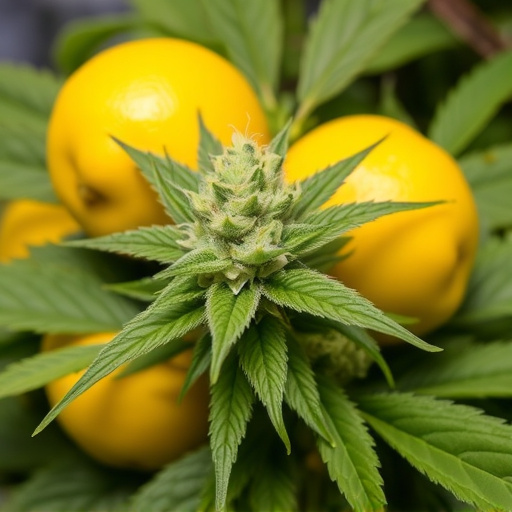Lemon cannabis strains, while popular for their scent and temporary relief from stress and mild anxiety, pose significant health risks due to potential lung irritation from smoking, contamination from cultivation methods, and mental health dangers for young users or those with pre-existing conditions. The lack of standardized regulations in the industry exacerbates these issues, leading to inconsistent potencies, unknown compounds, and increased risk of contaminants like pesticides. To mitigate these risks, consumers should research reputable sources and balance cannabis use with a healthy lifestyle.
“The allure of cannabis flower continues to captivate users worldwide, particularly those drawn to the unique effects of lemon cannabis strains. However, as with any substance, there are inherent risks associated with its consumption. This article delves into the potential health hazards, from psychoactive effects on mental well-being to quality control issues and regulatory concerns surrounding these popular strains. Understanding these risks is essential for informed decision-making.”
- Potential Health Risks Associated with Lemon Cannabis Strains
- Psychoactive Effects and Mental Health Considerations
- Quality Control, Contaminants, and Regulatory Concerns
Potential Health Risks Associated with Lemon Cannabis Strains
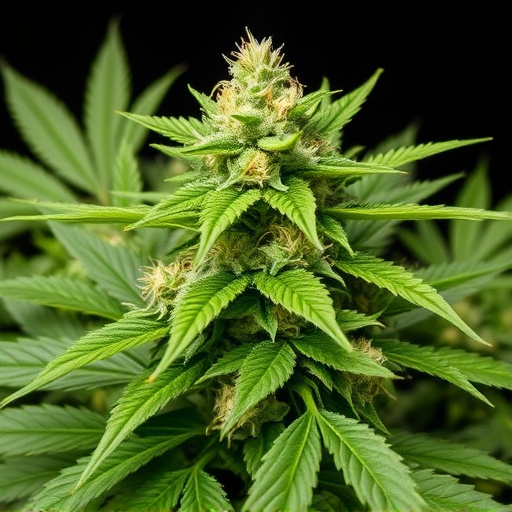
Lemon cannabis strains, known for their refreshing citrus aroma and flavour, have gained popularity among users seeking a more pleasant smoking experience. However, like all forms of cannabis, they are not without potential health risks. One significant concern is the impact on respiratory health. Inhaling the smoke from any cannabis strain can irritate lung tissue, leading to coughing, wheezing, and in severe cases, bronchitis. Lemon strains may be perceived as less harmful due to their uplifting effects, but this does not negate the fact that smoking them still poses risks to overall lung function over time.
Another area of concern is the presence of potential contaminants and pesticides. Lemon cannabis strains, like all other varieties, can retain residual chemicals from cultivation methods used by growers. These substances might include herbicides, fungicides, or other agricultural chemicals that could be harmful if consumed in significant quantities. Ensuring that cannabis products, especially those with unique flavour profiles like lemon, are sourced responsibly and tested for purity is crucial to mitigating these risks.
Psychoactive Effects and Mental Health Considerations
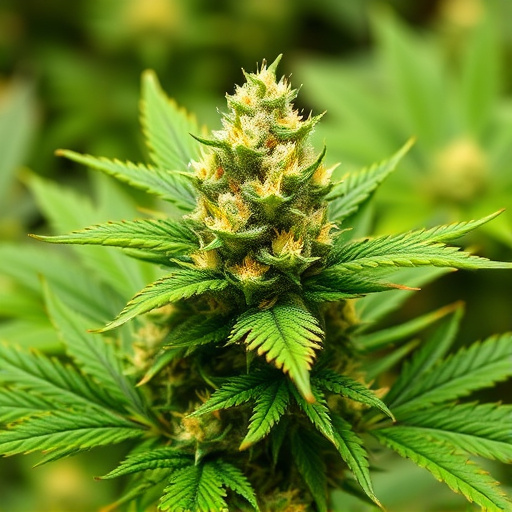
Cannabis flower, particularly strains known for their high THC content and unique terpene profiles, like citrusy lemons, can have potent psychoactive effects. While many users enjoy the euphoric and relaxing sensations, it’s crucial to consider potential mental health implications. Regular consumption of strong cannabis, especially in youth, has been linked to an increased risk of anxiety, depression, and psychotic disorders. The impact is more pronounced in individuals with a pre-existing mental health condition or genetic predisposition.
Lemon cannabis strains, celebrated for their uplifting and refreshing aroma, may provide short-term relief from stress and mild anxiety. However, long-term use could potentially exacerbate existing mental health issues or trigger new ones. It’s essential to approach these strains cautiously, especially if you’re sensitive to psychoactive substances or have a personal or family history of mental illness. Balancing cannabis use with a healthy lifestyle, regular exercise, and access to supportive resources is key to mitigating risks associated with its consumption.
Quality Control, Contaminants, and Regulatory Concerns
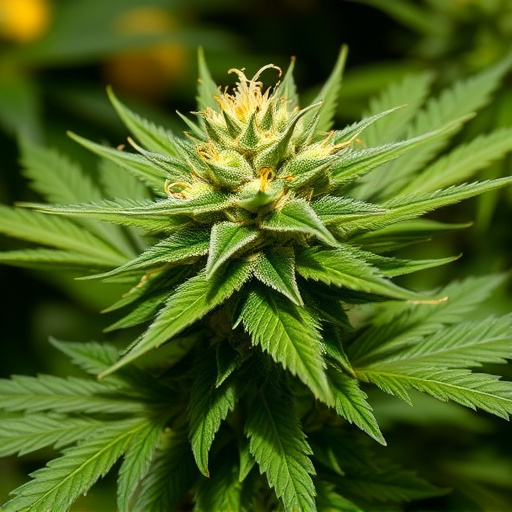
The lack of standardized regulations in the cannabis industry, particularly for recreational use, presents several risks when it comes to consuming cannabis flower, including lemon cannabis strains. One significant concern is quality control, as products may not be properly tested or regulated. This can result in inconsistent potencies and unknown compounds, leading to unpredictable effects. For instance, a so-called “lemon” strain, known for its bright citrus aroma and flavor, might vary greatly in THC levels and could potentially contain harmful contaminants if not properly cultivated and processed.
Contaminants are another critical issue. Cannabis plants can absorb toxins from the soil or atmosphere, and if not carefully monitored, these impurities can remain in the final product. Pesticides, heavy metals, and mold are common concerns, especially with outdoor grows. Lemon cannabis strains, grown in regions with distinct climates or environmental factors, might be more susceptible to specific contaminants. Regulatory oversight is essential to ensure consumer safety, but as of now, many areas lack stringent standards, leaving it up to individuals to research and choose reputable sources to mitigate these risks.
While lemon cannabis strains offer unique therapeutic benefits due to their distinct chemical profile, it’s crucial to be aware of potential risks. From psychoactive effects on mental health to quality control issues and contaminant concerns, consumers must approach these strains with informed caution. Understanding the specific characteristics of lemon cannabis is essential for navigating this evolving landscape and ensuring a safe, effective experience.

